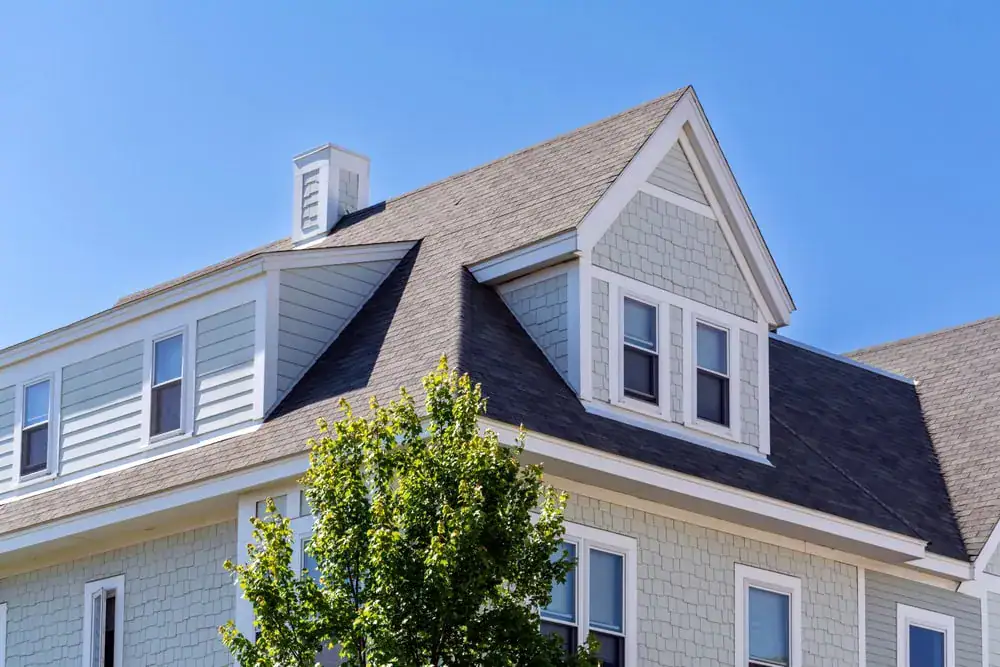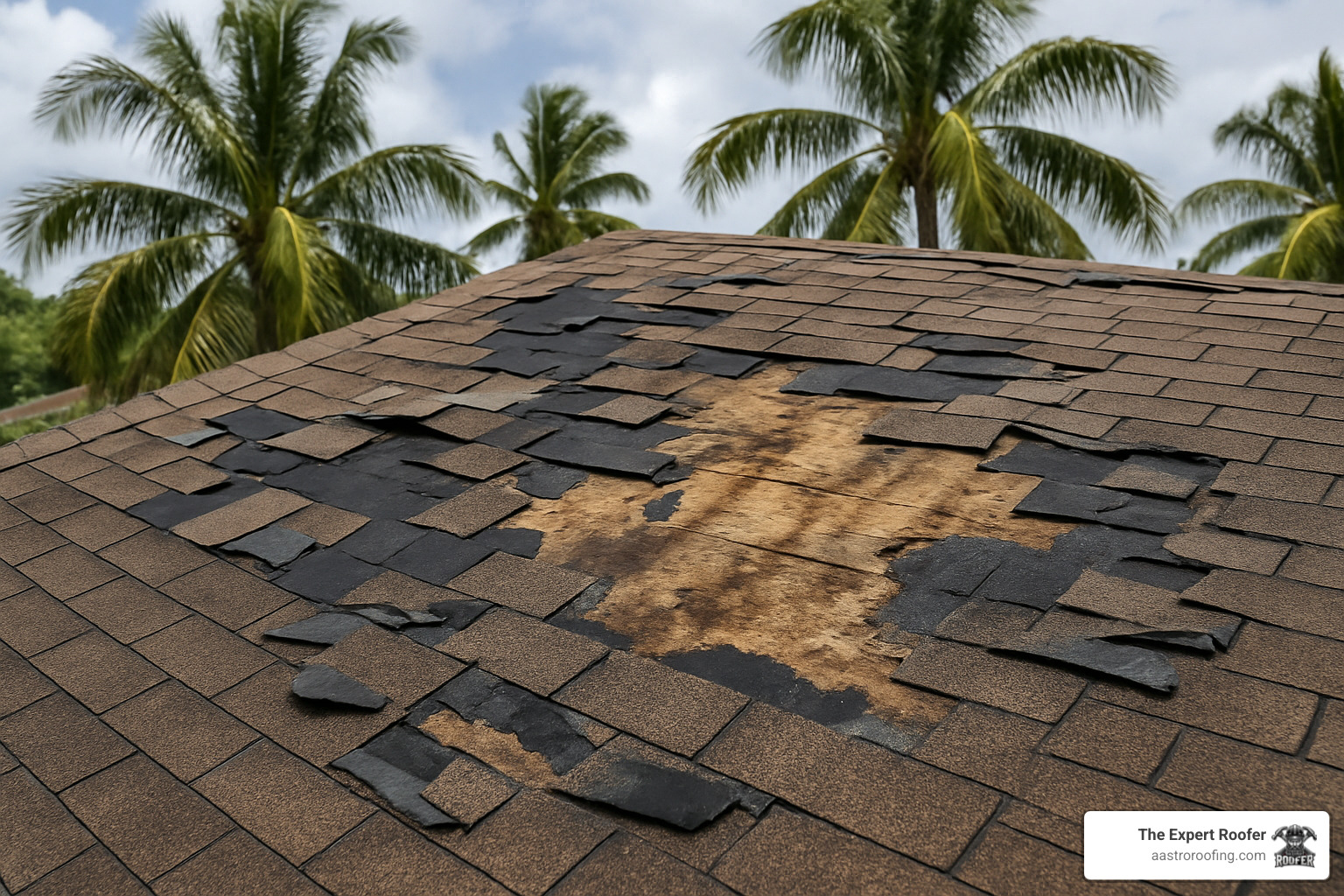Summary:
What to Expect from Residential Roofing Systems
As the name suggests, residential roofing systems are designed for homes and similarly sized buildings. They’re built with aesthetics in mind, often featuring sloped surfaces and visible materials. In Florida, popular choices include asphalt roofing systems, metal roofing systems, tile roofing systems, and slate roofing systems – each option offering different strengths.
Asphalt shingles are widely used thanks to their affordability and ease of installation. Metal is gaining popularity for its long lifespan and ability to reflect sunlight. Slate and tile roofing offer greater resistance to wind and sun damage, making them useful for long-term planning, especially in hurricane zones like South Florida.
Understanding the Design Behind Commercial Roofing Systems
Commercial roofing systems are built for utility and scale. They usually cover larger structures, such as office buildings, warehouses, or shopping centers, and often involve flat roofing systems or low-slope designs. These systems prioritize durability, ease of maintenance, and support for rooftop HVAC units or solar arrays.
Metal roofing systems and membrane-based options like TPO or EPDM are common on commercial buildings due to their resistance to moisture and long wear. The simplicity of a flat surface also makes repairs easier, though these roofs do require regular attention to prevent pooling water or seam deterioration.
Key Differences in Roof Installation Systems
Commercial roofing systems are built for utility and scale. They usually cover larger structures, such as office buildings, warehouses, or shopping centers, and often involve flat roofing systems or low-slope designs. These systems prioritize durability, ease of maintenance, and support for rooftop HVAC units or solar arrays.
Metal roofing systems and membrane-based options like TPO or EPDM are common on commercial buildings due to their resistance to moisture and long wear. The simplicity of a flat surface also makes repairs easier, though these roofs do require regular attention to prevent pooling water or seam deterioration.
Which Roofing System Makes Sense for Your Property?
The best roofing system for your property depends on more than just size. In Broward and Palm Beach Counties, heat, rain, and storm resistance all factor into the decision. For homes, asphalt or tile roofing systems are often preferred due to their ability to shed water quickly and resist UV damage.
For businesses, flat roofing systems are more practical. They offer a clean, accessible surface for maintenance and installations. Aastro Roofing Company helps assess each property based on location, use, and long-term maintenance goals, then recommends a roofing system designed to meet those needs without going over budget.
What to Know About Maintenance and Longevity
No matter what system you choose, regular maintenance is essential. Residential roofing systems should be inspected yearly and after major storms to check for lifted shingles, cracked tiles, or blocked drainage. Simple repairs can go a long way in extending the life of a roof.
Commercial roofing systems need routine inspections, too – especially flat roofs. Pooling water, blistering, or cracking seams can lead to serious leaks if left unchecked. Routine upkeep, including resealing and debris removal, helps extend the performance of any roof installation system, whether it’s residential or commercial in design.
Environmental and Energy Factors in Florida Roofing
Florida’s climate calls for roofing systems that can handle intense sun, rain, and humidity. Metal roofing systems and reflective flat membranes can help lower cooling costs by reducing heat absorption. For homes, tile and slate roofing systems also provide excellent durability while helping regulate indoor temperatures.
Choosing a roofing system with energy performance in mind not only helps with utility bills but can also contribute to long-term property value. Many building owners now opt for systems that qualify for energy credits or use recycled materials, especially in commercial projects.
Get the Right Roof for Your Property with Aastro Roofing Company
Knowing the differences between residential and commercial roofing systems helps you make informed decisions about your property. From materials to maintenance needs, each system offers unique advantages, and understanding those details up front can help you save time and money later. If you’re in Broward or Palm Beach County, Aastro Roofing Company can help you review your options and plan the right solution. Whether it’s a flat roofing system for a commercial space or asphalt shingles for your home, we’ll help you get the right fit for your property and your budget. Reach out to schedule a no-obligation consultation today.




